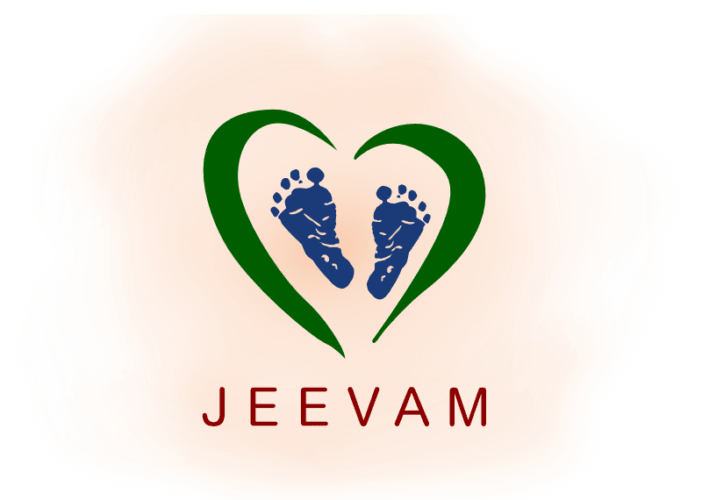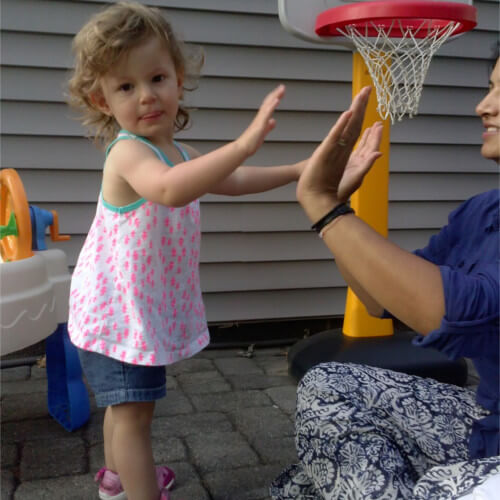Marfan Syndrome
If you or your co-parent has the gene that causes Marfan Syndrome, FBN1, your children may have a higher-than-average risk of developing this genetic disorder. Marfan Syndrome comes with special challenges for children, making additional help such as physical therapy an important part of their development.
What is Marfan Syndrome?
Marfan Syndrome primarily affects connective tissue. Its effect on the overall physique is usually shown in longer limbs, toes and fingers, and a greater height than is normal.
Marfan Syndrome affects the interior of the body more severely, particularly to the heart and vision. In addition, people with Marfan Syndrome may be at risk for joint pain, and for curved spines that develop during childhood.
Symptoms of Marfan Syndrome
Potential symptoms of Marfan Syndrome include a tall, thin body structure; crowded teeth; nearsightedness; heart murmur; protruding or concave breastbone; joint laxity and curved spine. Your child may not experience some of these symptoms, while needing attention for others.
Much of what your child will need in terms of medical observation and treatment depends on the challenges your child is experiencing, because Marfan Syndrome can affect children in different ways.
Challenges for Children
Although exercise is always a component of staying healthy, children with Marfan Syndrome must be extra conscious of not stressing their heart among other concerns.
Children with Marfan Syndrome are more susceptible to joint and ligament damage. Chest trauma is another risk that should be avoided, as well as damage to the eyes. What can be a minor injury in another child might become more serious for a child with Marfan Syndrome.
In addition, playtime or sports that involve high-intensity cardio, or which place stress on connective tissue (such as weightlifting) aren’t suitable for anyone dealing with Marfan Syndrome.
How Physical Therapy Can Help Marfan Syndrome
Depending on which challenges your child is currently facing, a physical therapist could be added to the professionals your doctor recommends you consult. While it may seem like just another appointment to fit into your schedule, we believe Jeevam Therapy can make a huge difference to your child’s life.
Because Marfan Syndrome can affect patients differently, your child’s physical therapy session will be tailored to their strengths and challenges.
For Example, if painful joints are an issue, our Edison and Paramus, NJ physical therapist could use massage and other pain-reducing techniques. If your child is considering working out or sports, physical therapy sessions can include advice on how to tailor it to his or her needs.
Another likely part of physical therapy will be supporting sensitive areas through a combination of stretching and strengthening exercises, as well as specific therapeutic moves. The physical therapist may also recommend specific orthotics or even fashion them during the session.
Jeevam Therapy is Here For You
Your child’s quality of life can be improved through physical therapy. Contact us today to learn more about setting up a consultation. Jeevam Therapy has offices conveniently located in Edison and Paramus, NJ.



